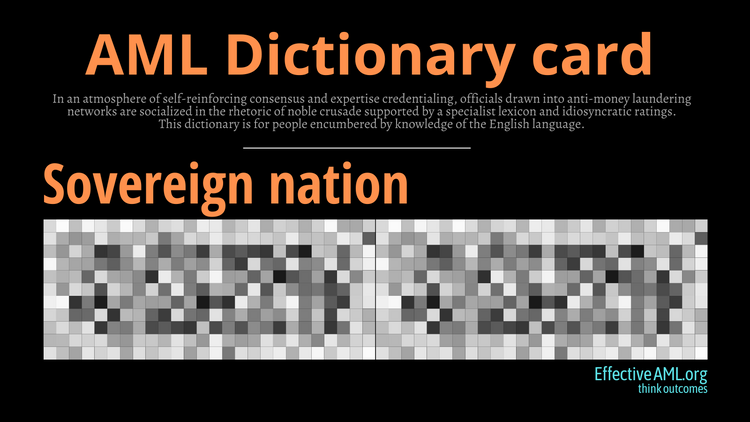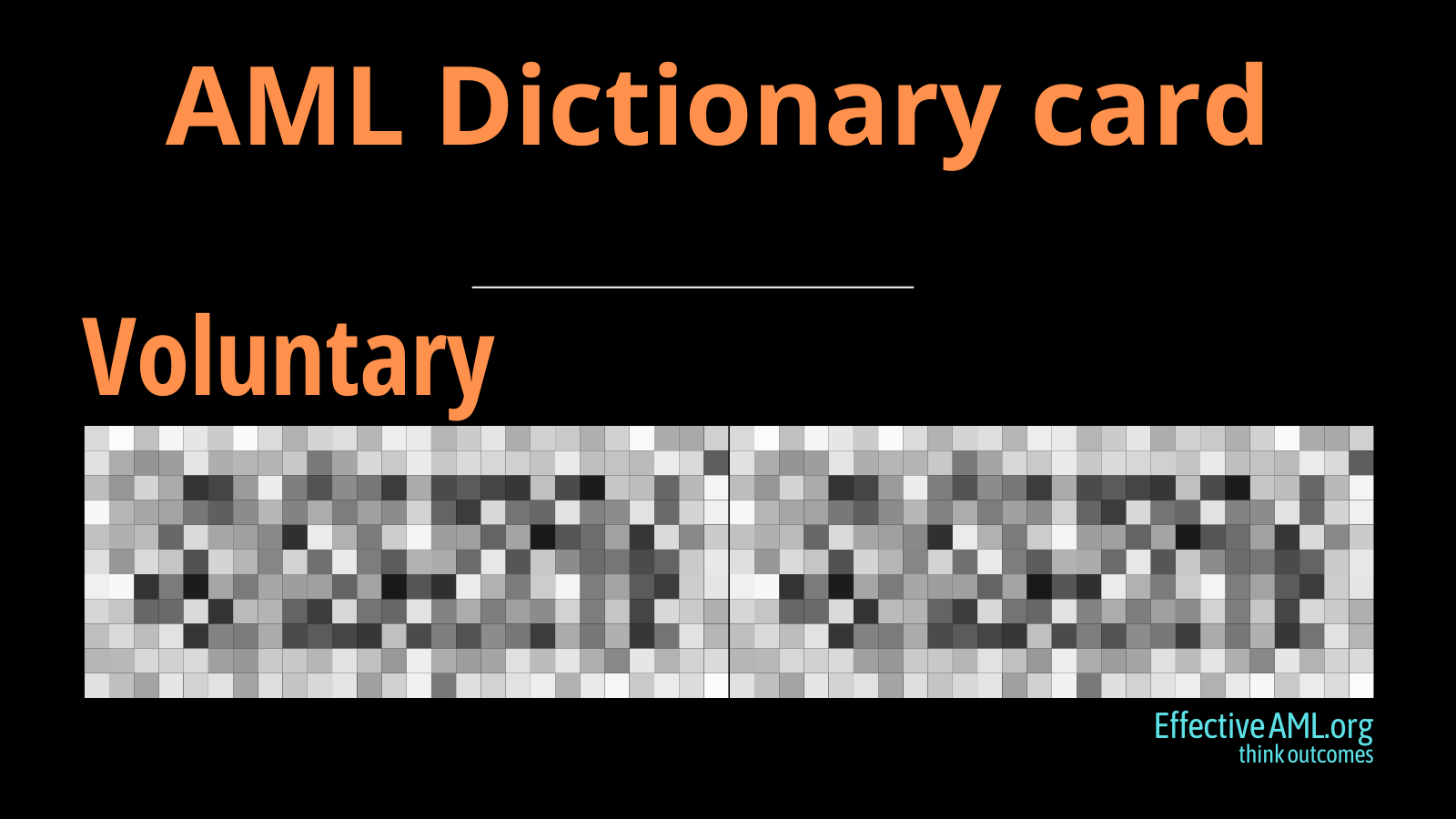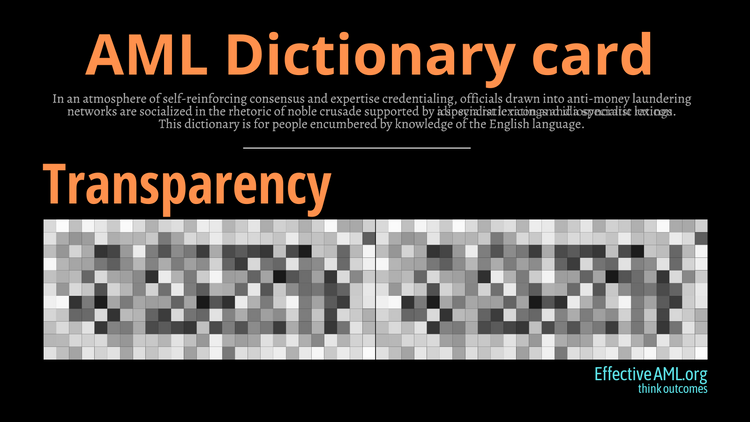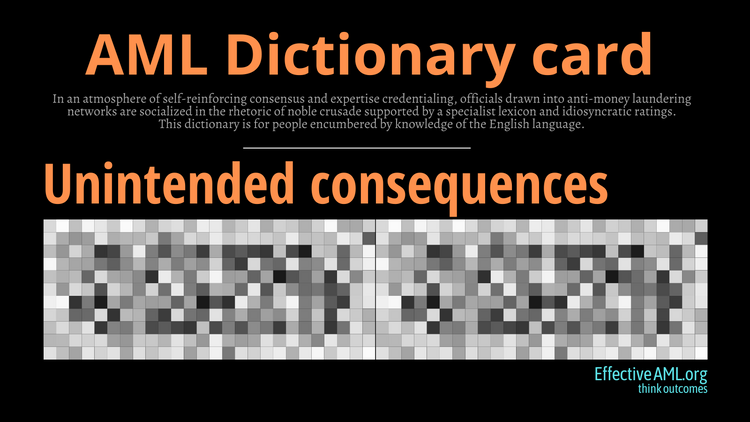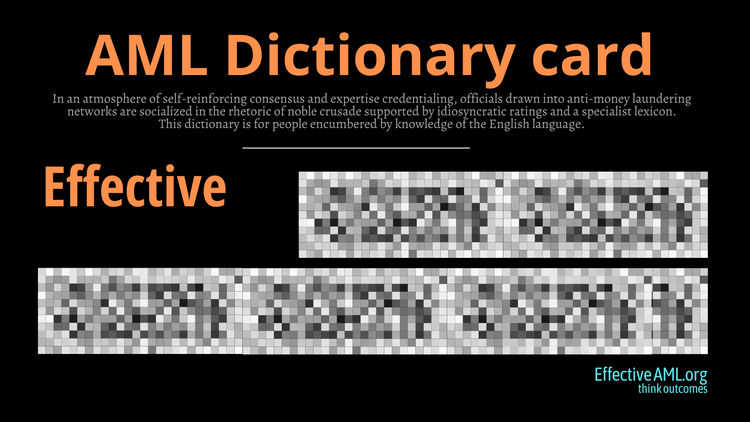AML satire or (you-couldn’t-make-this-stuff-up) truth?
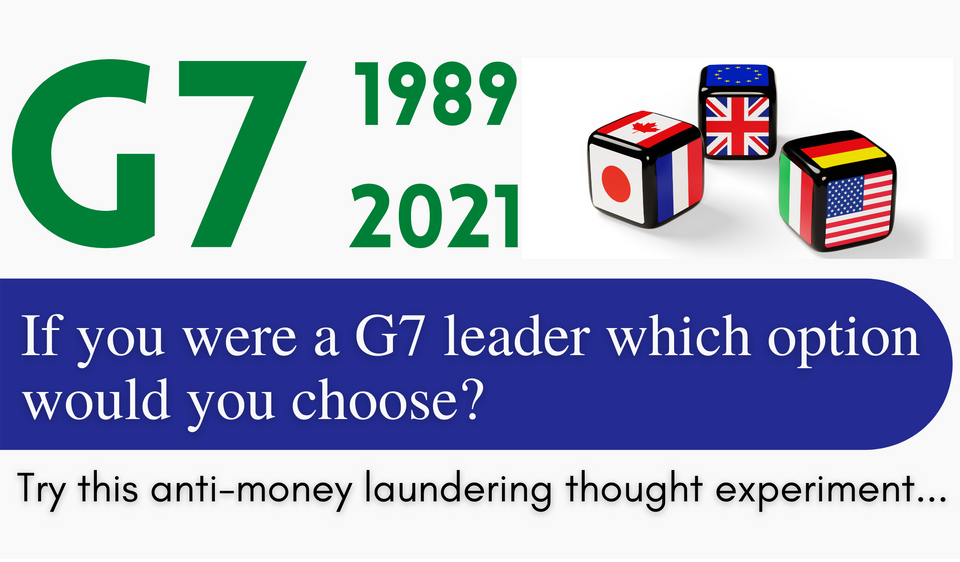
That first story was satire, I think.
Except that it scarcely needed exaggeration. Even the “quotes”:
- It was not possible to send a reporter to interview Ismael “El Mayo” Zambada, reputed head of the Sinaloa cartel. Although unlikely openly to express the words “attributed” to him, Mr Zambada might well think them as he surveys his empire with a sense of satisfaction. The modern anti-money laundering movement has proven so “successful” that a few years ago I remarked that “a criminal mastermind given the chance to rewrite anti-money laundering rules might just keep what we have, on the basis that it keeps the authorities ineffectually busy”.
- Inadvertently reinforcing Zambada’s sentiment, David Lewis, executive head of the Financial Action Task Force (FATF) – the global anti-money laundering standard-setter – claims success, in part, he says because “there are successful investigations and prosecutions for money laundering every day”. I didn’t have to make up the quote. Nor add irony. Mr Lewis delivered both.
I am sure that Lewis is genuine, and tens of thousands of AML professionals concur: “money laundering prosecutions prove that the system works”.
After all, official “outcome” metrics against which the “effectiveness” of AML regimes is judged include evidence of money laundering investigations and prosecutions (a rating measure known as “Immediate Outcome 7”). That is precisely what Lewis is channeling.
Those metrics also match a core premise of the modern anti-money laundering experiment, unchanged since 1990.
- If banks and other firms comply with national laws based on FATF standards – including money laundering prosecutions – it should materially disrupt criminal finances, money laundering, and serious profit-motivated crime.
So, prosecutions prove the system works. As Lewis says. That is “the” definition of effectiveness for outcome number 7. “Everyone” knows it. So, what is the big deal?

